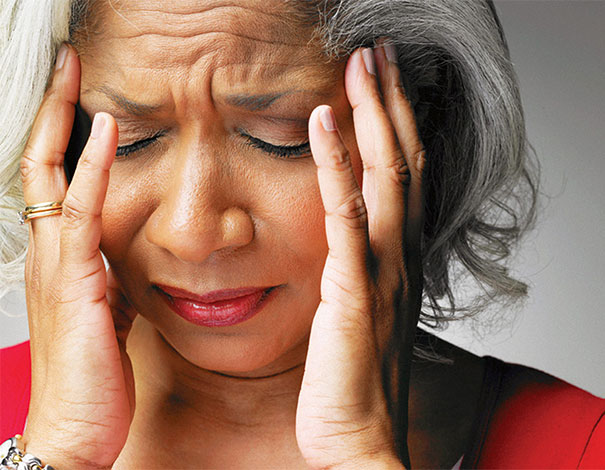If you’re having pain after transplant, you’re not alone. Many transplant recipients have some kind of pain, whether it comes and goes or is constant.
Pain can affect your emotions, energy level, sleep, relationships with other people, and your ability to function in your daily life. Pain can even slow your recovery if it keeps you from being active. That’s why it is important to talk to your doctor about your pain and treatment options and take early action to control it.
Remember, pain isn’t something you can see, so it can be hard for other people to know how it’s affecting you. While talking about it won’t take the pain away, having the support of others can sometimes help with the emotional impact of pain. Some people find that talking with a counselor can also help.
What causes pain after transplant?
The pain that you’re having can have several causes. It might be related to:
- Chemotherapy or radiation treatments you have received
- Late complications from your transplant, like GVHD or infection
- A condition not related to your transplant or disease
Your doctor can help you determine the cause of your pain, find ways to control it, and provide suggestions on ways to cope with chronic pain. To help your doctor find out what’s causing your pain, keep a pain log. Write down:
- When your pain starts and how long it lasts
- What hurts and what it feels like (stabbing pain, dull ache, etc.)
- Your pain level (rate your pain on a scale of 0-10 with 0 being no pain and 10 being the worst pain)
- Anything that helps relieve your pain
- What your pain keeps you from doing
Sometimes pain can be life-threatening and you may need care quickly. If you have severe, sudden or unusual pain, contact your doctor immediately or call 911.
What can help relieve my pain?
Pain medicines may work well to relieve your pain, making it possible to enjoy a better quality of life. Always talk to your doctor before starting any pain medicines, including any over-the-counter medicines. Your doctor will recommend the best medicine for your pain depending on the cause and your risk for side effects.
Some people find complementary therapies like massage, hot or cold compresses, relaxation and music therapy helpful. But these treatments and practices may not work for everyone.
Before you try anything new, be sure to talk to your transplant team, including your doctor, pharmacist and registered dietitian. They can help you decide if a new approach is safe for you. This is especially important if you are considering trying an herb, special diet or vitamin. Some of these can cause dangerous interactions with the medicines you’re taking.
Having trouble finding pain relief?
If you’re having trouble finding pain relief methods that work for you, talk to your doctor about seeing a pain specialist. Most transplant centers have a pain clinic with experts who can find out the cause of pain and the best treatment. Neurologists can also be helpful in determining if the cause of pain is due to nerve injury.
If you have general, chronic pain that you just can’t explain, it could also be a sign of depression. Tell your doctor about your symptoms. Depression is a treatable medical condition.

